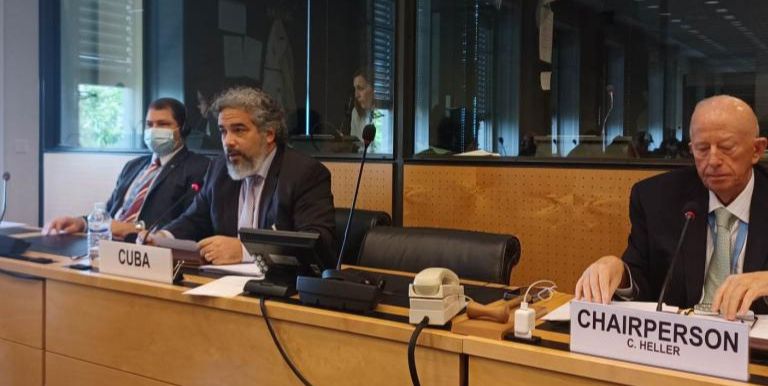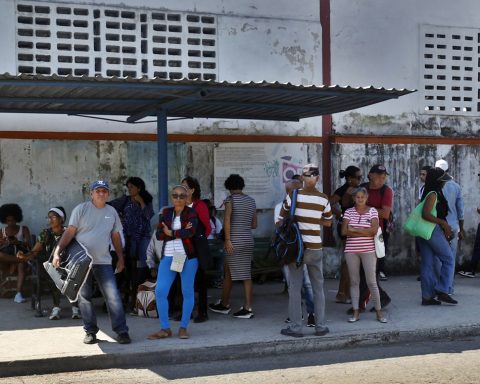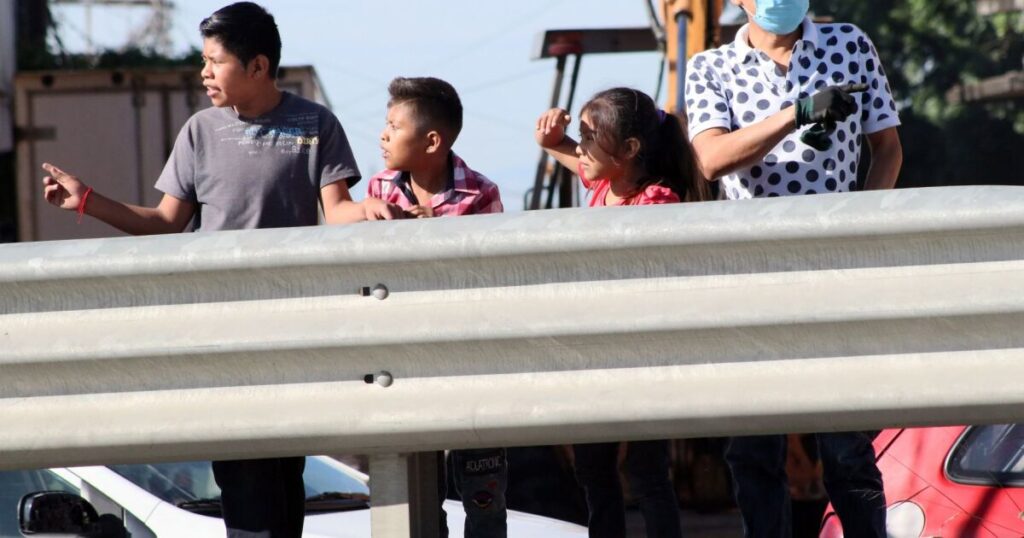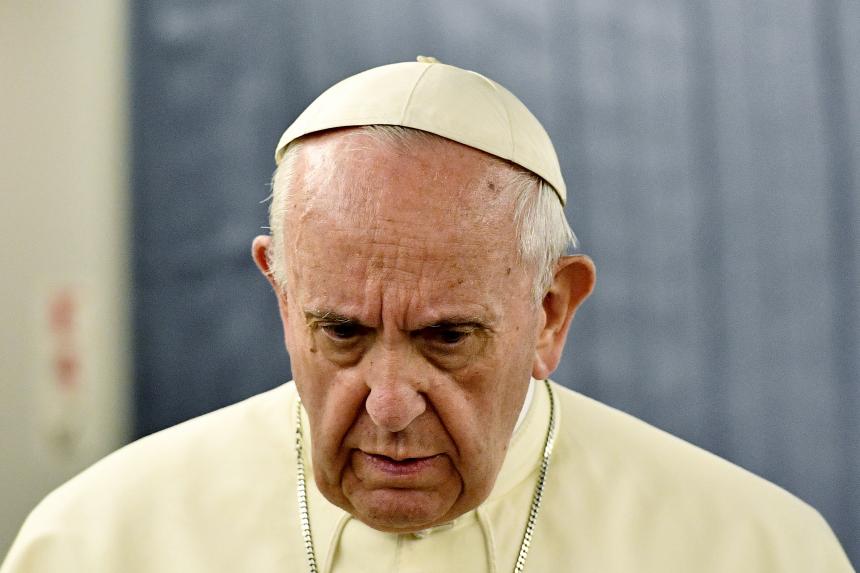MIAMI, United States. – The Cuban delegation to the United Nations Committee Against Torture ―what meets in Geneva, Switzerland, from April 19 to May 13 next― assured that the death penalty on the Island would remain in force until the United States Government eliminates the economic and financial embargo imposed on the Island.
Specifically, the Cuban delegation argued that the death penalty could not be addressed in isolation, but rather in the context of the specific conditions of each country, according to the United Nations rapporteurship.
The delegation of the regime in the 73rd. Session of the Committee against Torture is headed by Rodolfo Benítez Versón, general director of Multinational Affairs and International Law of the Ministry of Foreign Affairs (MINREX).
The representatives of Havana also assured that they trust that, “one day”, the conditions will be met to abolish the death penalty in the country. However, he noted, this decision would have to be linked to the cessation of “the policy of hostility and aggression practiced against Cuba by the Government of the United States, so that Cuba can advance in its economic, political and social development, with full guarantees of respect for its sovereignty.
For his part, Claude Heller, president of the United Nations Committee Against Torture and correlator for Cuba, emphasized that, although the death penalty had not been used since 2003, the Island Government did not intend to eliminate it from the new Penal Code.
Likewise, the United Nations officials assured that the Committee against Torture has a clear position on the death penalty and considers that it is “one of the most serious violations of human rights, which undermined human dignity.”
“Would Cuba be willing to convert the de facto moratorium on the death penalty into a permanent moratorium for ethical reasons?” Heller asked the regime delegation.
The United Nations official also regretted that the Island Government did not take advantage of the 2019 constitutional reform to prohibit the death penalty, which continues to be a punishment for a “significant number” of crimes.
After this Friday’s session of the Committee against Torture, the MINREX issued a Press releasebut did not allude to the debate on the death penalty on the Island.
the independent media The touch He recently pointed out that the preliminary draft of the Penal Code increases the use of the death penalty to 24 criminal figures (four more than in the current Penal Code). According to the legislative schedule of the Cuban regime, the approval of the new Penal Code is scheduled for 2022.
“Unlike current regulations, the draft of the new Criminal Code concentrates, almost exclusively, the possibility of applying the death penalty in cases of crimes related to State Security. It eliminates its probable use in crimes not contemplated within that title, with the exception of murder,” he explained. The touch.
Receive information from CubaNet on your cell phone through WhatsApp. Send us a message with the word “CUBA” on the phone +1 (786) 316-2072, You can also subscribe to our electronic newsletter by giving click here.

















